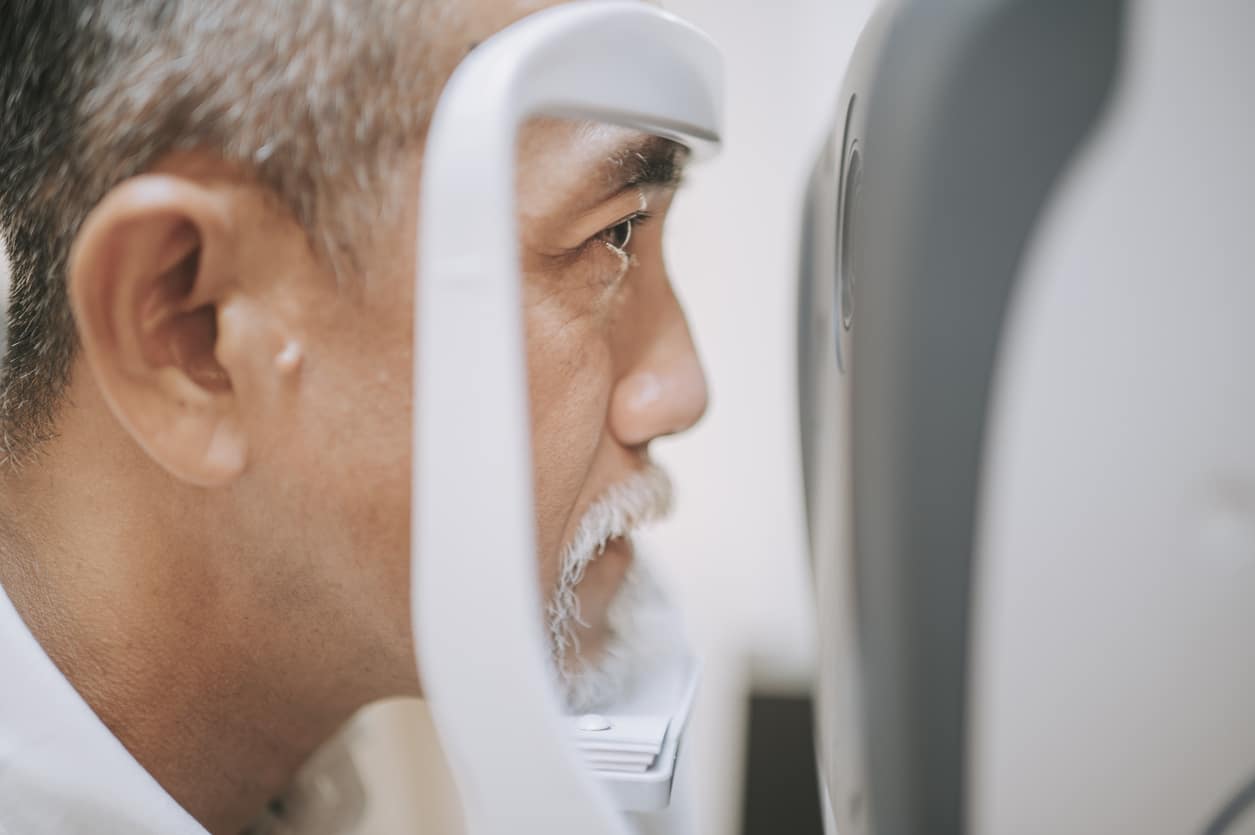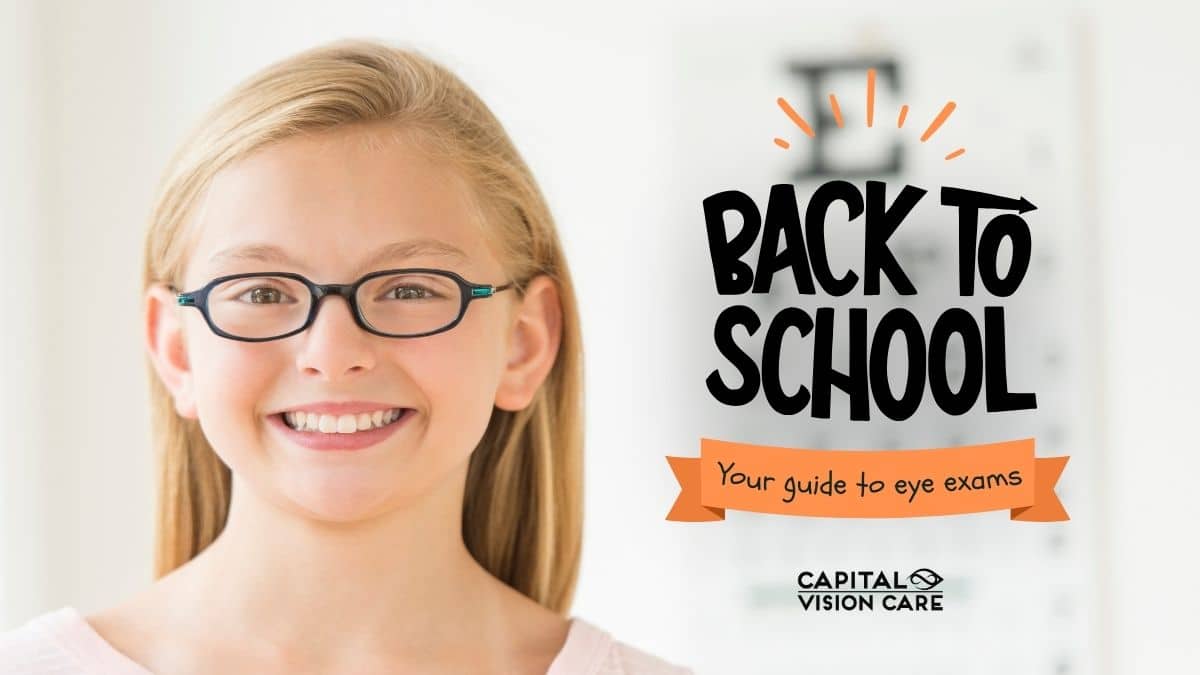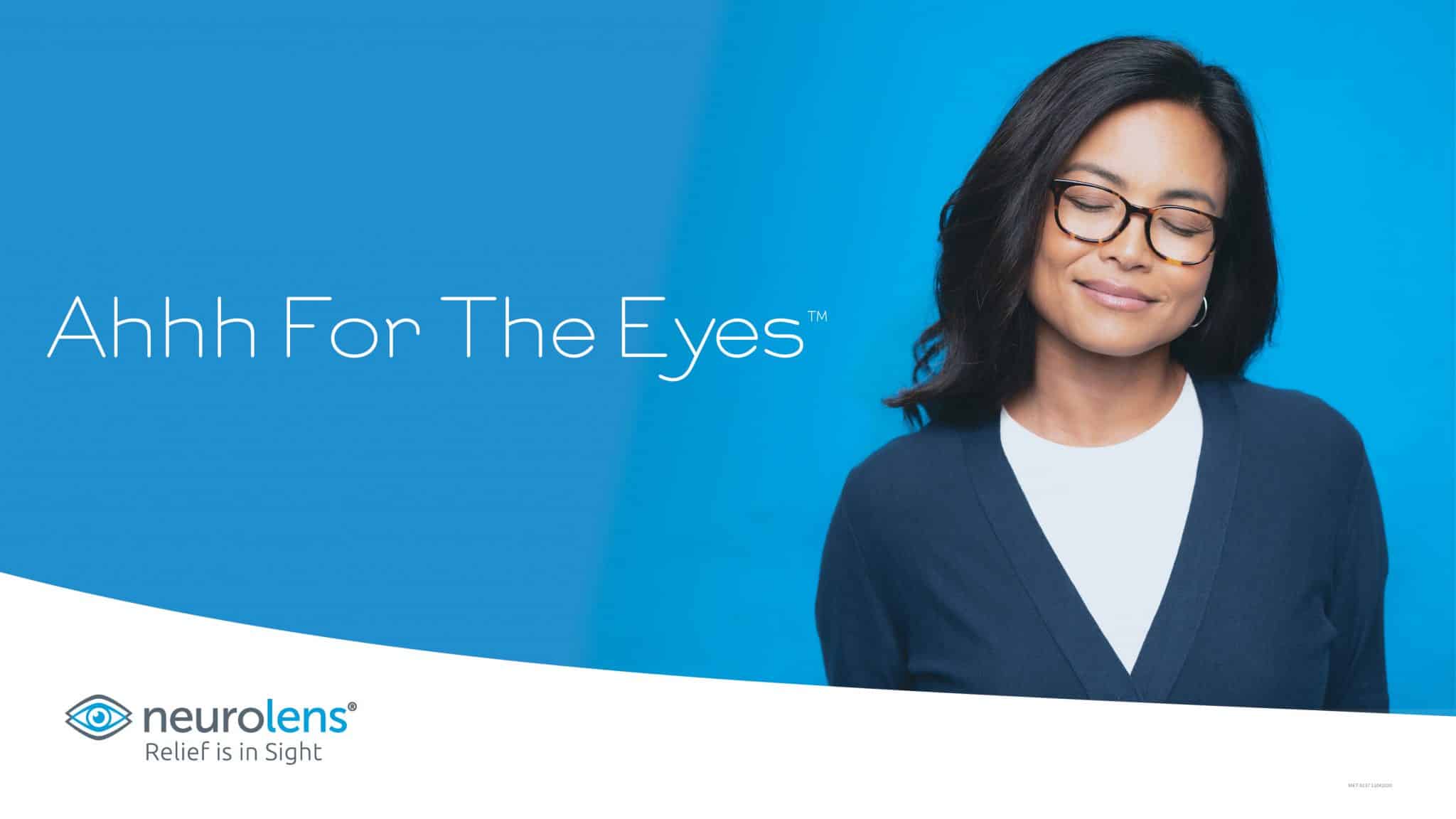Comprehensive Eye Exams
At Capital Vision Care, we actively engage in guiding you through your eye care journey. To ensure this, we conduct eye exams using cutting-edge technology, enabling us to catch any potential eye issues at the earliest stage.
Making regular eye exams a key part of your health care routine allows us to help you address or adjust to any vision changes promptly. We’re committed to providing you with professional, kind, and approachable eye care services for your utmost comfort and satisfaction.
Shaping the Future of Vision
Comprehensive Children's Eye Care Services
Eye Check-ups for Infants and Toddlers
Begin Early Begin your child’s vision care early. We recommend scheduling the first eye exam with our skilled pediatric optometrists when your child is just six months old. We actively screen for common eye issues, like lazy eye and misaligned eyes. Please schedule an appointment if you observe any unusual vision behavior in your child – we’re here to help.
Vision Exams for School-Aged Kids and Teens
Catch Issues Early Vision challenges often occur in school-aged children and teenagers. Sadly, many of these kids don’t voice their difficulties because they believe their vision is normal. However, research from the Alberta College of Optometrists indicates that one in four school-age children suffer from vision issues. If we don’t address these issues, they can significantly impact their academic growth.
Here are signs to watch for that may indicate your child is having vision difficulties:
- Experiencing headaches or showing signs of irritability
- Demonstrating a short attention span
- Frequently tilting their head to one side
- Regularly covering one eye
- Struggling to maintain their place while reading
- Reporting double vision
- Holding reading material unusually close to their face
Set your child on the path to academic success. Schedule a vision check-up before they start kindergarten. Even if they show no obvious symptoms, yearly eye exams during their school years can ensure optimal eye health and steady developmental progress.
Conditions We Treat in Children’s Eye Care
We’re skilled in diagnosing and managing various eye conditions, including:
- Myopia, or nearsightedness, where your child struggles to see distant objects clearly.
- Hyperopia, or farsightedness, causing difficulty focusing on nearby objects.
- Astigmatism, leading to distorted vision at all distances.
We’re here to make your child’s vision care journey as smooth as possible, supporting them every step of the way.
We Direct Bill Insurance
To ensure a seamless experience during your visit with us, we have teamed up with multiple insurance providers to offer convenient direct billing options for our patients.









A Lifetime of Vision
Comprehensive Eye Care for Adults and Seniors
Adult Eye Exams: Prioritize Your Vision Health Emphasizing regular eye exams for adults is a crucial part of sustaining overall health and prolonging clear vision throughout life. Without these check-ups, vital health issues may go unnoticed until they become severe.
Age impacts our eyes, particularly for individuals over 40, who may face an increased risk of age-related eye conditions. Many of these conditions might not exhibit noticeable symptoms until they’ve progressed to advanced stages and become difficult or even impossible to treat.
Common Adult Eye Problems Among adults, the following eye problems are commonly observed:
- Presbyopia: This age-related condition gradually impairs your ability to focus on close objects, leading to potential headaches, blurred vision, and sore eyes or the need for additional light.
- Cataracts: With age, the lens in your eye can lose its transparency, causing distorted or cloudy vision. Cataracts may necessitate eyeglass adjustments or surgical removal.
- Diabetic Retinopathy: Diabetes can cause weakening or swelling of your retina’s tiny blood vessels and stimulate the growth of new vessels, leading to blood leakage and other changes. If left untreated, it can result in blindness.
- Macular Degeneration: This degenerative disease impacts your central vision and is a leading cause of vision loss in older adults.
- Glaucoma: Often dubbed the “silent thief,” glaucoma typically exhibits no symptoms until significant damage occurs. Caused by increased eye pressure, it can lead to severe vision loss if not detected and treated early.
Remember, your eyes serve as windows to your overall health. An eye exam can help reveal underlying and potentially life-threatening health concerns, such as Type 2 diabetes, high blood pressure, certain vascular diseases, and brain or eye tumors.
Ongoing Vision Care We recommend that adults between the ages of 19 and 64 undergo an eye exam at least every two years. Individuals with diabetes should schedule an exam at least once a year. Depending on your overall health, as assessed by your Doctor of Optometry, you might need more frequent eye examinations.






